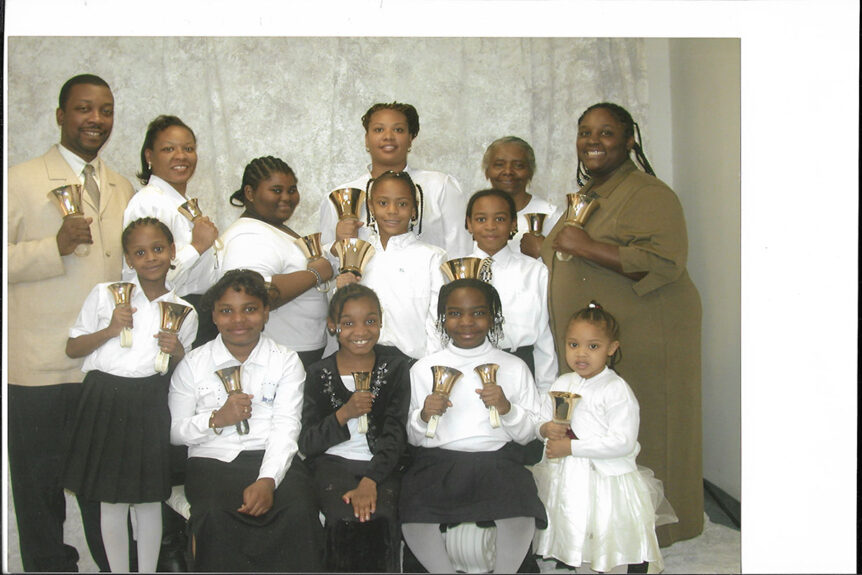General Music provides some of the most important tools necessary to enhance the academic, social, and behavioral developments of children attending early childhood. Thus, the reason why many progressive educators strongly encourage the funding for pre-Kindergarten classes with access to the arts in this early academic stage of life.
General music encompasses all the preliminary concepts needed for a child to excel in reading, writing, arithmetic, the sciences such as Biology, Chemistry, Geometry, Algebra, Physics, Social studies, history, architecture and many more subjects. Socially and behaviorally, music teaches discipline, cooperation, the art of listening before speaking and acting, self-expression, promotes self-esteem and eradicates discrimination and selfishness.
General music is also at the heart of music therapy. The musical concepts that are taught become the stepping stones that, when they are combined with psychology, bring the needed changes of attitudes and moods. The musical concepts so often represented by words such as tempo, rhythm, beat, fast, slow, silence, pause, soft, loud, to name a few, are the irreplaceable modules that can heal and change the mind of many.
General music in the early childhood helps various specialists, present in the school environment prevent, manage, and even stop the disruptive and too often dangerous behaviors coming from children attending grades 3-12.
